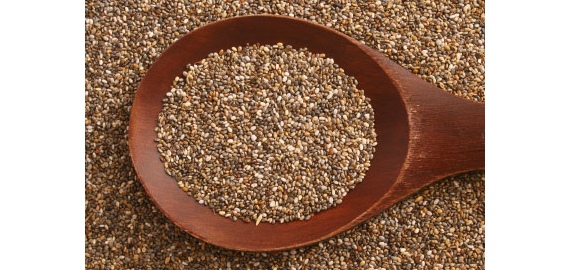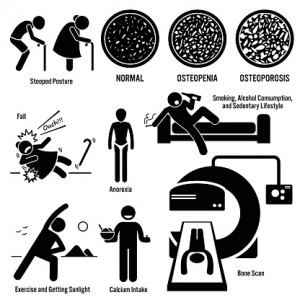Carbohydrates and Weight Loss

Most people feel that weight loss can be achieved by following low-carbohydrate diet; however, one must keep in mind that though this diet may help you in shedding off weight, the result may not be permanent. It is understandable that carbohydrates add to your weight, but so do protein or fats if consumed in excess.
Why body needs Carbohydrates?
Owing to the necessities of a healthy body, it is essential to consume some amount of carbohydrates. They regulate the normal functioning of many vital organs including the brain, central nervous system and kidneys. The basic component for energy generation is carbs. Glucose is generated by the breakdown of carbohydrates. Insulin secreted by pancreas helps in the transportation of glucose from bloodstream to cells; and it is here where energy is produced.
The relationship between carbohydrates and weight loss is similar to that between fats or proteins and weight loss. Less you consume, less you gain. Let’s learn whether low-carbohydrate diet is enough for losing weight or much more than this is needed.
Low-Carb Diets Restrict Healthy Food Choices
Eating low-carbohydrate diets may prevent you from gaining weight, but you are unlikely to meet your daily nutritional requirements. Low-carb diet can be high on fat content, particularly saturated fat. This may also restrict certain essential nutrient sources. Low in fruits and vegetables, vitamins, calcium, iron and potassium, it may have high saturated fat, low fiber and may not contain the antioxidant known as phytochemicals.
Healthy Approach for Weight Loss
- Losing weight requires you to eat a combination of all nutrients. Your diet should be inclusive of fruits and vegetables, whole grains, and low-fat dairy products. Moderate consumption of fat and carbohydrates is the key to keep away extra weight.
- People following plant-based diet have much less obesity rate than those who consume meat. They have healthier heart and their chances of cancer are low when compared to people who depend on meat-based diets.
- The basic idea behind losing weight is to burn more calories than you are taking in. Apart from keeping track of your calorie consumption, increase your physical activities, such as yoga and aerobics. In this way, you can stay away from excess fat and feel re-energised and stress free as well.
- Another thing you need to know is the portion management of your food. Avoid eating large portions of food. Take small portions and increase frequency of taking snacks.
Side effects of Low Carb Diet
- Nausea and dizziness.
- Constipation.
- Lethargy.
- Dehydration.
- Loss of appetite.
- Weight gain.
- High cholesterol.
- Fat accumulation around abdomen.
- Kidney problems.
- Osteoporosis.
Ask a dietician about the amount of carbohydrates you need to take while preventing weight gain as well as meeting your nutritional needs.
-
Good Night Sleep Tight
One of the most important things you can do for fat loss, controlling
-
Lipotrim Maintenance: Your Ideal Weight Management Solution
There’s every chance that, after losing weight through dieting or a st
-
Three Keys To Better Abs
Whether you are looking to get that six-pack, or just want to get r
-
Learn More About Metabolic Typing Diet
The metabolic typing diet answers the question of Which diet is bes
-
These 5 Spices Helped Me Lose 40 Pounds
-
Cost Effective Methods Can Also Contribute to Lose Weight
Every fat person dreams of losing extra fats around his abdomen to mak
- DON'T MISS
- Reducing Belly Fat: Five Tips To Minimize Abdominal Fat, ASAP!
- What Makes Diet Pills So Popular
- Weight Loss Success With The Zone Diet Delivery Service
- Nuratrim Review – Effective Ways To Shed Excess Body Weight Swiftly With A Natural And Clinically Proven Fat Burning Pill And Appetite Suppressant
- Making Healthy Lifestyle Changes That Last A New Look At New Years Resolutions
- Healthy And Fit In 2006 Seven Steps To Keeping Those Fitness And Weight Loss Resolutions
- You Can Do It! Lose The Weight With This Advice!
- Fat Activist Lesley Kinzel on How to Stop Dieting and Start Loving Your Body
- How To Start Losing Weight And Keep Losing Weight
- How To Get Flat Abs Fast3 Dietary Tips You Should Know




